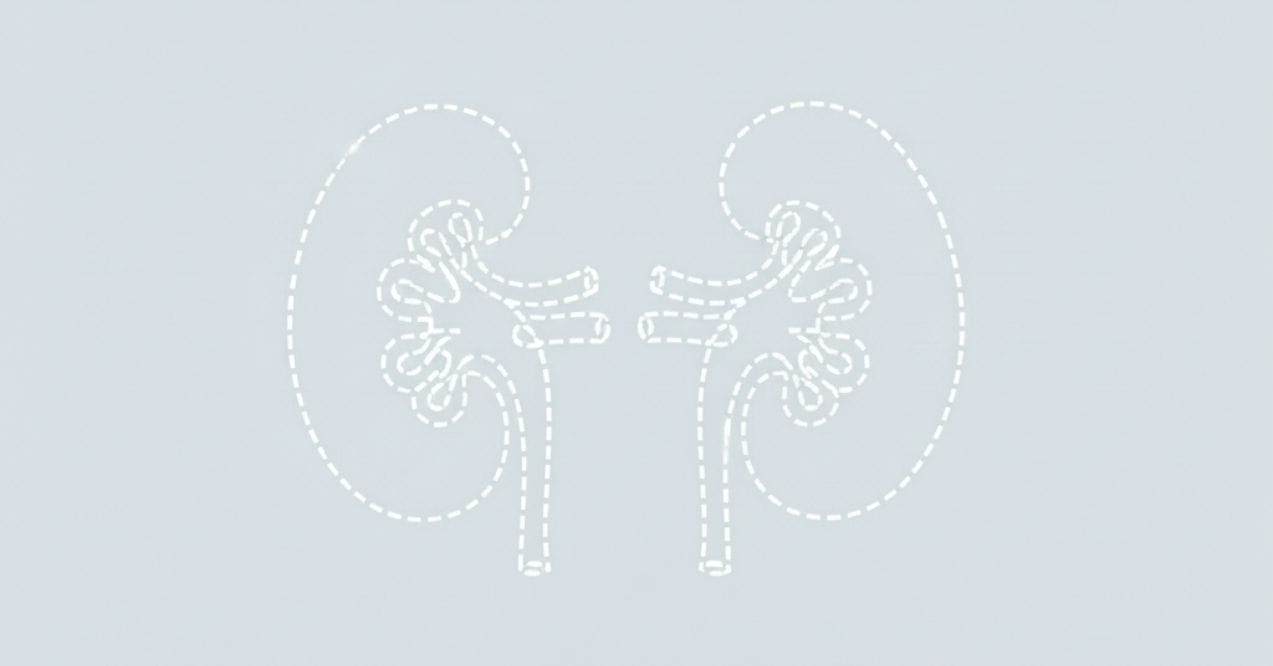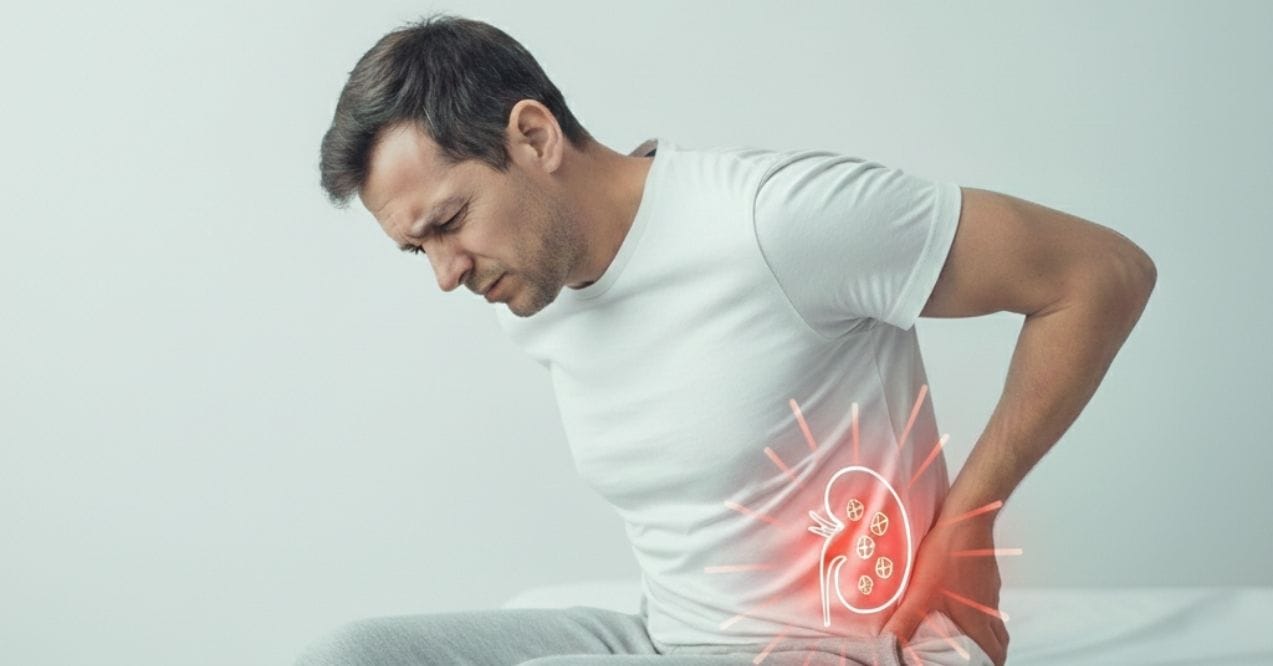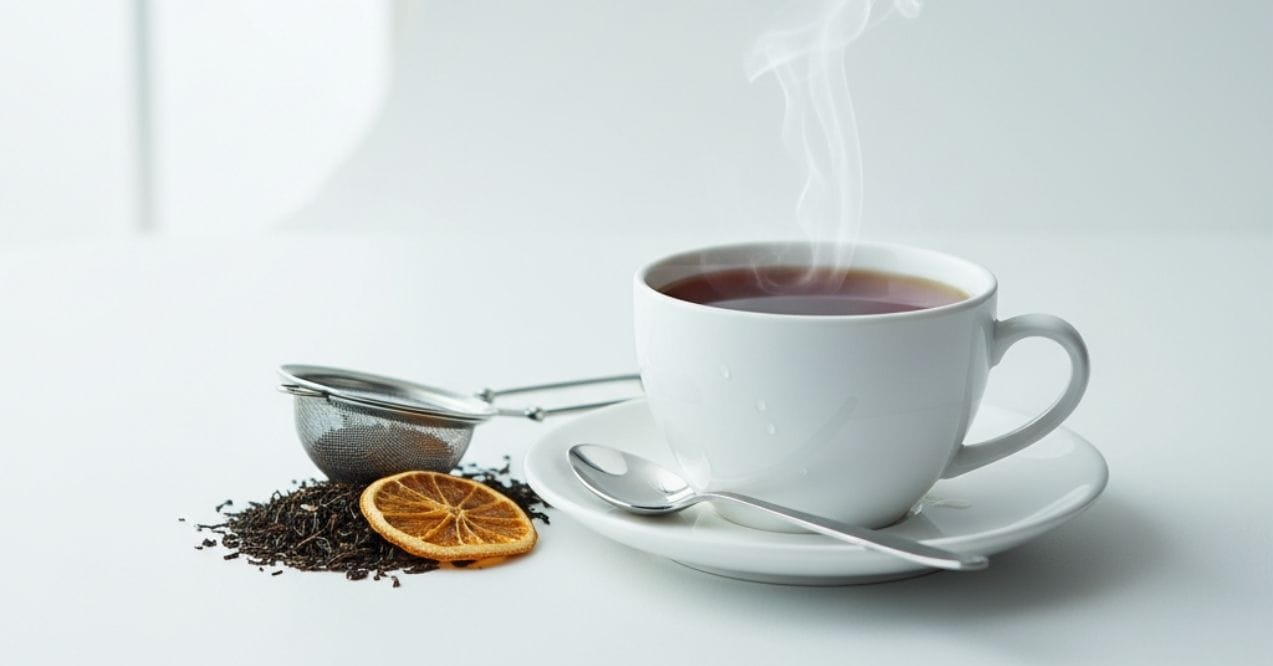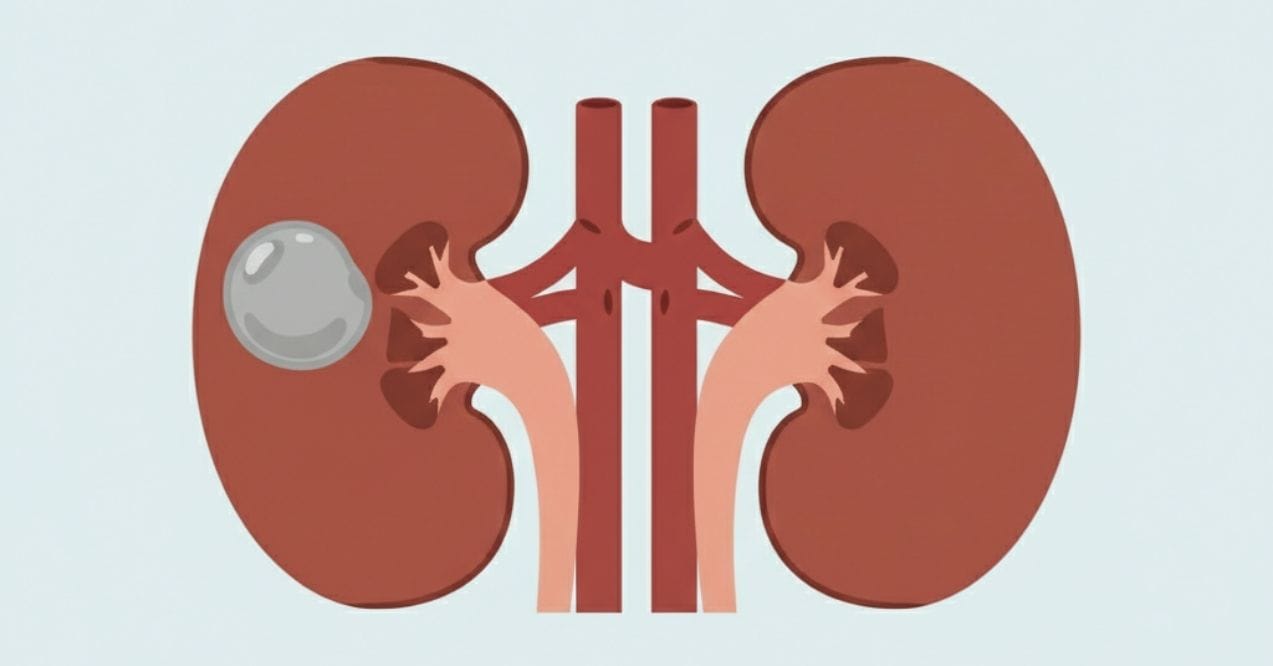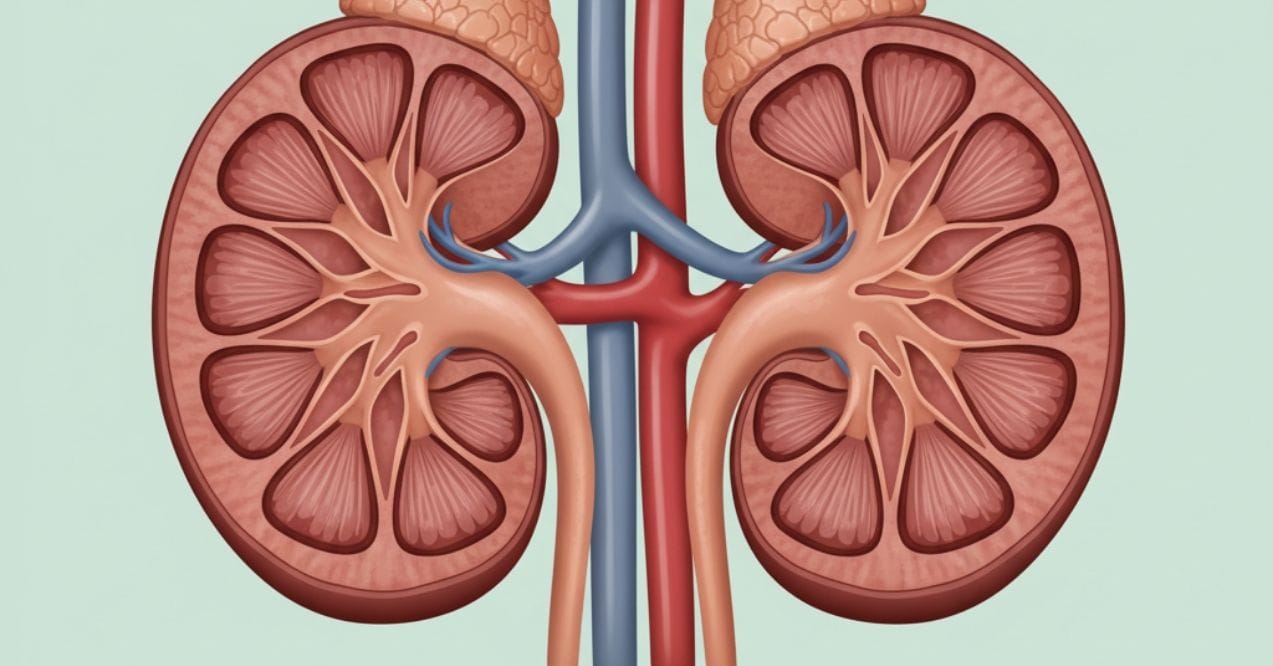What Causes Excessive Gas and Frequent Urination?
What causes excessive gas and frequent urination? Diet, UTIs, digestive issues & kidney problems. Learn symptoms & natural care tips.
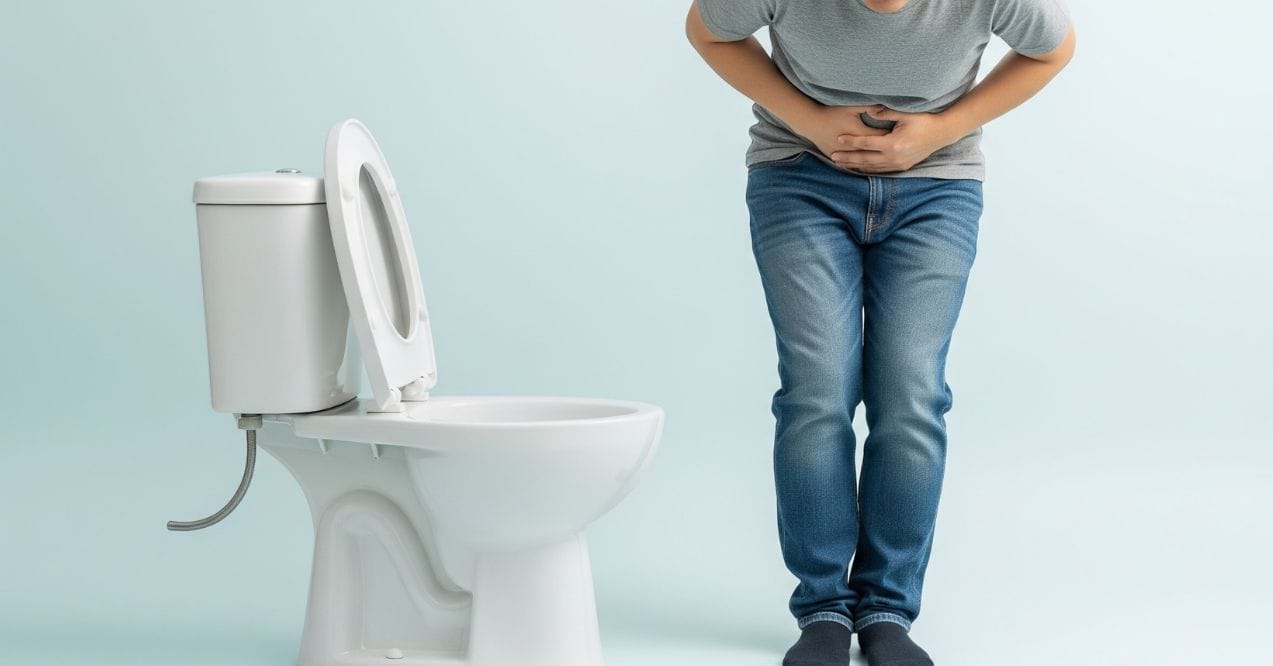

Dealing with excessive gas and frequent urination can disrupt your daily routine and cause significant discomfort. These symptoms affect millions of people, while often dismissed as minor inconveniences, they may signal underlying health conditions that need attention.
Most causes are manageable with the right approach. This article explores what causes excessive gas and frequent urination, potential connections between these symptoms, and practical care tips to help you find relief.
Causes of Excessive Gas
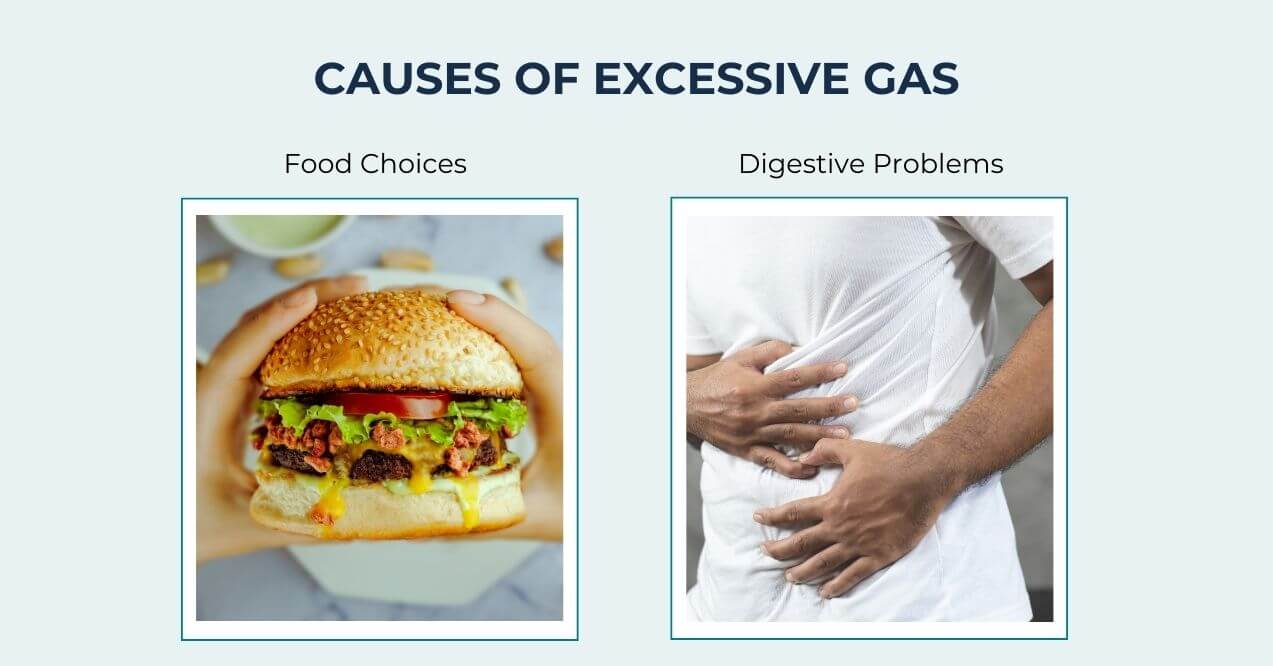
Excessive gas develops when your digestive system produces more gas than normal or has difficulty expelling it efficiently. This happens for several reasons, from the foods you eat to how your digestive system functions.
Your body naturally produces gas during digestion. However, certain factors can increase gas production significantly. The average person passes gas 8 to 25 times daily, but excessive gas goes beyond this normal range. When gas builds up, it causes bloating, discomfort, and embarrassment.
Age-related changes in digestion can make gas problems more common after 60. Your digestive enzymes may decrease, and food moves through your system more slowly, creating more opportunities for gas formation.
Food Choices
Certain foods are notorious gas producers. Beans, lentils, and other legumes contain complex sugars your body struggles to break down. Dairy products cause problems if you’re lactose intolerant, which becomes more common with age.
Carbonated beverages add extra gas directly to your system. High-fiber foods, while healthy, can increase gas production as bacteria in your intestines ferment the fiber. Artificial sweeteners in sugar-free products often cause gas and bloating.
Digestive Problems
Irritable bowel syndrome (IBS) affects how your intestines move food and gas through your system. This condition causes excessive gas along with alternating constipation and diarrhea. Celiac disease, an immune reaction to gluten, damages your small intestine and leads to poor nutrient absorption and increased gas production.
Small intestinal bacterial overgrowth (SIBO) occurs when too many bacteria grow in your small intestine, producing excessive gas as they digest food.
Causes of Frequent Urination
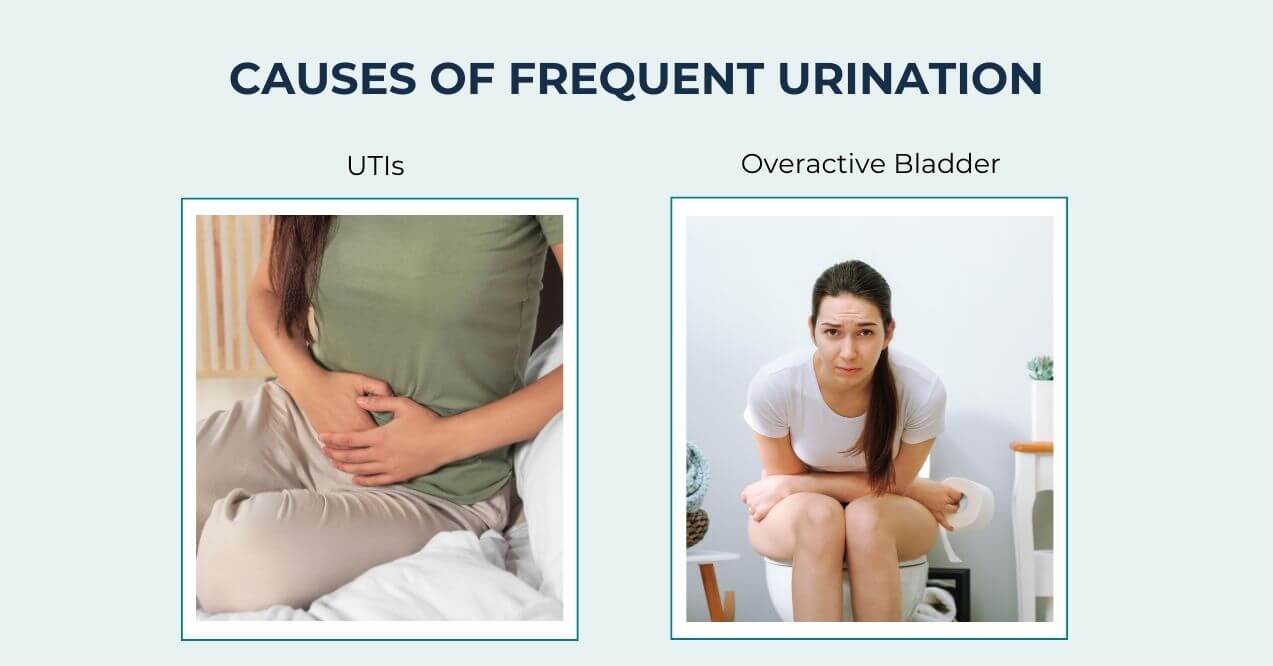
Frequent urination means needing to urinate more often than your normal pattern. For most people, urinating 6-8 times in 24 hours is typical. Going more often, especially if it disrupts sleep or daily activities, qualifies as frequent urination.
This symptom becomes more prevalent with age due to changes in bladder capacity and muscle strength. Your bladder may hold less urine, or the muscles controlling urination may weaken. Various conditions can trigger frequent urination, from simple infections to chronic bladder conditions. The constant need to find a bathroom affects quality of life and may lead to social isolation or anxiety about leaving home.
UTIs
Urinary tract infections remain one of the most common causes of frequent urination. Bacteria enter the urinary system and multiply, causing inflammation and irritation. This irritation makes you feel the need to urinate even when your bladder contains little urine.
UTI symptoms include burning during urination, cloudy or strong-smelling urine, and pelvic pain. The infection can spread to your kidneys if left untreated, causing more serious complications. Post-menopausal women face higher UTI risk due to decreased estrogen levels affecting the urinary tract’s protective lining.
Quick treatment with antibiotics typically resolves UTIs within days. However, some people experience recurring infections requiring preventive strategies.
Overactive Bladder
Overactive bladder (OAB) affects millions of older adults, causing sudden, intense urges to urinate. Your bladder muscles contract involuntarily, even when the bladder isn’t full. This creates an urgent need to urinate that’s difficult to control.
OAB symptoms include urinating eight or more times daily, waking multiple times at night to urinate, and experiencing sudden urges that may lead to leakage. The condition results from nerve signals between your bladder and brain not working properly. Age-related changes, neurological conditions, and certain medications can trigger OAB.
Are Gas and Urination Linked?
What causes excessive gas and frequent urination to occur together? While these symptoms may seem unrelated, they can share common triggers. Your digestive and urinary systems sit close together in your abdomen, and problems in one area can affect the other.
Inflammation in your intestines might put pressure on your bladder, increasing urination frequency. Similarly, conditions that mimic kidney stone pain often cause both digestive and urinary symptoms. The nerves controlling these systems interconnect, meaning irritation in one area may trigger symptoms in another.
Certain health conditions affect both systems simultaneously. Hormonal changes during menopause might weaken both bladder control and digestive function.
Underlying Health Conditions
Several health conditions can cause both excessive gas and frequent urination. These conditions often involve organs or systems that influence both digestive and urinary function. Identifying these underlying issues helps target treatment more effectively.
The proximity of digestive and urinary organs means problems can overlap. Inflammation, infection, or structural issues in one system frequently affect the other. Additionally, systemic conditions affecting your whole body may manifest symptoms in multiple areas.
Kidney Issues
Kidney problems often cause urinary symptoms while potentially triggering digestive issues. Kidney stones create severe pain that can affect your entire abdomen, potentially causing gas and bloating along with frequent urination.
Kidney infections cause inflammation that may press on nearby digestive organs. This pressure can slow digestion and increase gas production. Additionally, waste products building up due to poor kidney function can affect your entire digestive system.
Supporting kidney function helps manage both symptoms simultaneously. Best supplements for kidney health contain nutrients that may support optimal kidney function, potentially improving both urinary patterns and reducing digestive issues linked to kidney problems.

Pelvic Floor Dysfunction
Your pelvic floor muscles support both bladder and bowel function. When these muscles weaken or don’t coordinate properly, both systems suffer. This dysfunction becomes more common with age, childbirth, and hormonal changes.
Weak pelvic floor muscles may allow gas to escape more easily while also reducing bladder control. The muscles may spasm, causing pain and affecting normal elimination patterns.
How to Manage These Symptoms

Managing excessive gas and frequent urination requires addressing both symptoms systematically. Simple lifestyle changes often provide significant relief. Medical treatments and supplements can help when lifestyle modifications aren’t enough.
Start by tracking your symptoms to identify patterns and triggers. Note when symptoms occur, what you’ve eaten, and your stress levels. This information helps you and your healthcare provider develop an effective management plan.
Diet and Lifestyle
Dietary modifications can significantly reduce both gas and urinary symptoms. Limit gas-producing foods gradually rather than eliminating them completely. Eat smaller, more frequent meals to ease digestion. Chew food thoroughly and eat slowly to reduce air swallowing.
For urinary health, avoid bladder irritants including caffeine, alcohol, and acidic foods. Stay hydrated with water throughout the day, but reduce evening fluids to minimize nighttime urination. Regular exercise strengthens pelvic floor muscles and promotes healthy digestion. Practice stress reduction techniques, as anxiety worsens both digestive and urinary symptoms.
Supplements and Supportive Care
Targeted supplements may address both excessive gas and frequent urination effectively. For comprehensive urinary support, UT Fix combines cranberry extract with probiotics to help maintain urinary tract health.
Digestive enzymes can help break down gas-producing foods more efficiently. Probiotics restore healthy gut bacteria balance, potentially reducing gas while supporting overall health. For immediate relief, over-the-counter gas medications containing simethicone help break up gas bubbles.
Conclusion
Excessive gas and frequent urination often occur together due to the close relationship between digestive and urinary systems. While these symptoms can significantly impact daily life, effective management strategies exist. By identifying triggers, making lifestyle adjustments, and using targeted supplements when needed, most people find substantial relief and improved quality of life.
IBS, inflammatory bowel disease, and severe constipation can pressure the bladder, increasing urination frequency. Digestive inflammation may irritate nearby bladder nerves, triggering urgent bathroom needs.
While UTIs primarily affect the urinary system, the infection’s inflammation can slow digestion and increase gas. Some antibiotics used to treat UTIs may also temporarily disrupt gut bacteria, causing gas.
Kidney infections may indirectly cause gas by creating abdominal inflammation that affects digestion. The pain and discomfort can also slow intestinal movement, leading to gas buildup.
Changes in urination patterns, persistent fatigue, and swelling in feet or ankles often signal early kidney disease. These symptoms develop gradually and may be mistaken for normal aging.
Burning during urination, frequent urgent bathroom trips, cloudy or bloody urine, strong urine odor, and pelvic pain indicate possible bladder infection. Seek treatment promptly to prevent complications.
Sign up for our Healthy Living newsletter!
Advertisement. This site offers health, wellness, fitness and nutritional information and is designed for educational purposes only. You should not rely on this information as a substitute for, nor does it replace, professional medical advice, diagnosis, or treatment. If you have any concerns or questions about your health, you should always consult with a physician or other health-care professional. Do not disregard, avoid or delay obtaining medical or health related advice from your health-care professional because of something you may have read on this site. The use of any information provided on this site is solely at your own risk.



